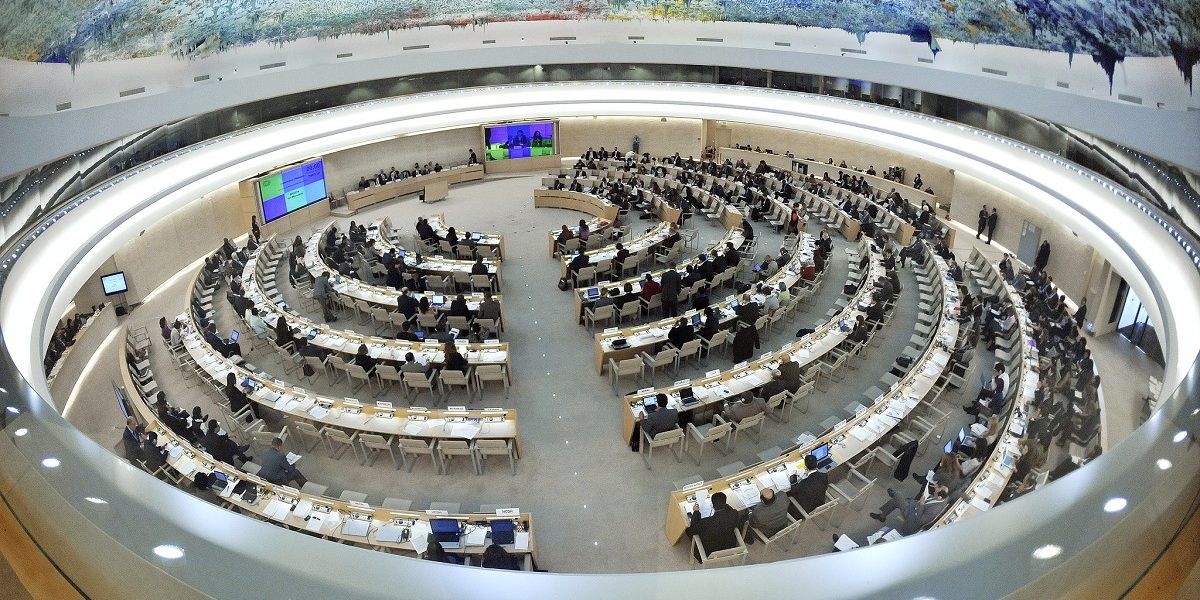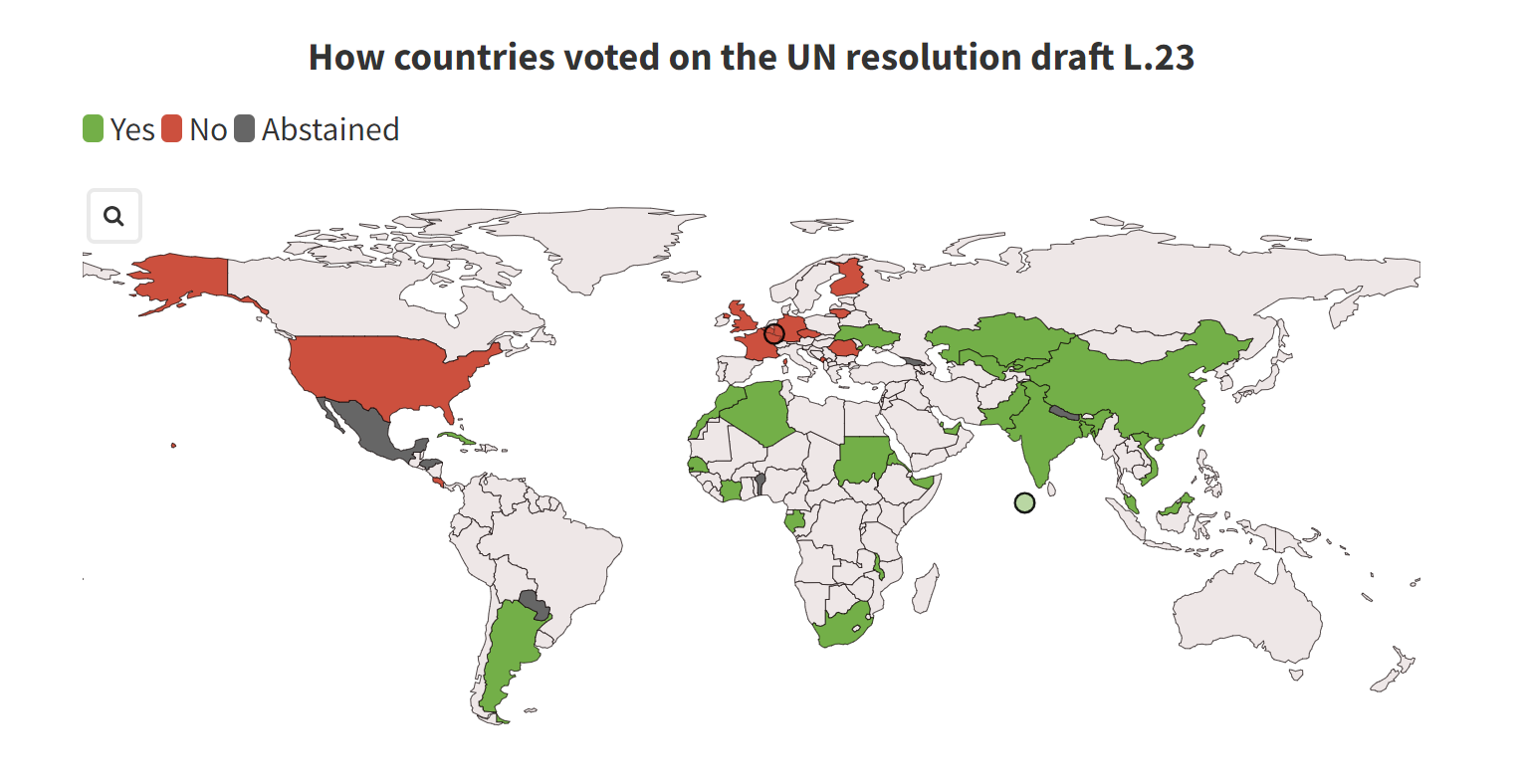Koran

Disclaimer: Copyright infringement not intended.
Context
- The United Nations Human Rights Council adopted the draft resolution against Religious Hatred, which was presented by Pakistan on behalf of Organisation of Islamic Cooperation (OIC).
- It was presented in the backdrop of Quran-burning instances in Sweden.
- India, Bangladesh, China, Cuba, Malaysia, Maldives, Pakistan, Qatar, Ukraine voted in favour of the resolution ‘Countering religious hatred constituting incitement to discrimination, hostility or violence’.
Other Details
- The United States and the European Union were in opposition to the resolution which condemned recurring acts of public burning of the Holy Koran in some European and other countries.
- EU and USA were concerned that this resolution conflicted with their views on human rights and freedom of expression.
- A total of 28 members voted in favour of this resolution, seven abstained and 12 nations voted against it.

Draft Resolution
- United Nations High Commissioner for Human Rights was requested to “speak out against advocacy of religious hatred, including acts of desecration of sacred books that constitutes incitement to discrimination, hostility or violence, and contribute to the process of examination of gaps in national laws, policies and practices and recommend redressal measures”.
- It highlighted the need to examine and modify the national laws and policies of countries in line with this resolution to check religious hatred.
- It was argued that the weaponization of religious differences for political purposes should be avoided/restricted.
- India was of an opinion that
- There is an increase in “phobias” against followers of all religions.
- Destruction of temples and idols is frequent.
- Massacre of Sikh pilgrims and other instances of religious intolerance are on rise.
- There is a need to work together to eliminate such instances and tendencies.
- The philosophy of ‘Vasudhaiva Kutumbakam’ would help in this regard.
- A culture of mutual respect for all religions and their peaceful coexistence should be created.
Koran/Quran
- It is considered the holy book and core of the faith of Islam religion.
- More than 1 billion people believers in Islam religion consider this holy book to be a revelation from God.
- Religious symbols and such holy books have significance as they are a repository of an immense history, a foundation of collective community and represent the essence of their core beliefs.
Must Read Article:
UN Human Rights Council
https://www.iasgyan.in/daily-current-affairs/united-nations-human-rights-council
https://www.iasgyan.in/daily-current-affairs/unhrc
Must Read Article:
Organisation of Islamic Cooperation
https://www.iasgyan.in/daily-current-affairs/organisation-of-islamic-cooperation-oic-46
https://www.iasgyan.in/daily-current-affairs/organisation-of-islamic-cooperation-oic
|
PRACTICE QUESTION The frequent instances of burning holy books in various European countries in on the rise. Discuss its implication on both harmony of society and freedom of expression. (250 words) |




1.png)
